Description
A small screen peaberry, very unique for Yemen coffee.
This coffee is produced by small legacy farmers in the high mountains of Yemen’s northwestern Sa’adah Governorate, who together comprise a grower coalition called the Khulani Coffee Society for Agricultural Development (KCSAD). KCSAD brings together farmers from across the Sa’adah districts of Saqayn, Haydan, Ghamr, Razih, Monabbih, and Majz. The core aim of KCSAD is to inspire more ambitious farm investments and quality standards in harvest and post-harvest alike. Coffee sales and exports so far have started to increase since the group’s founding and farmers are still meeting regularly, where they devise outreach campaigns to teach cultivation techniques and emphasize the economic potential of a well-run farm. Centralized aid has also been made available for select families in need.
We feel lucky this season to get a batch of Yemen, a very pleasing arrival. Not quite as traceable as the Haraaz Red lots, but still from more direct relationship that you can feel good about.
This is real classic old world Yemen coffee. One of the original coffees per se that has changed very little in the last 100 years. Natural processed, higher chaff levels and uneven roasting. Tastes much cleaner than one would think at lighter roast levels, wonderful heirloom strains produce similar tastes to grade 3 or 4 Ethiopian naturals but with their own little spin.
Tasting Notes: A wonderful old world natural filled with hints of floral/citric, rustic-chocolate, spice and a pinch of fruitiness. Compared to previous lots, these beans do have a little brightness in them, not high acidity, but not nearly as flat as some we have seen in the past. A rounded cup with medium brightness and body. Citric, floral, red-fruit, chocolate, earth & spice are the dominate tones. The citric/floral/fruit will be accentuated with lighter roasts. Chocolate, spice, earth with darker roasts. A lovely complex old world natural that brings your tongue back to the roots of coffee itself. We preferred the cup at light to medium roasts best. It has great chocolate tones at the fuller roast levels but a bit flat with more neutral chocolate notes. Having a hint of crispness and a touch of fruit at the light-medium roast levels gave it the balance we though it deserved.
Roasting Notes: Yemen Mocca is old world natural processed – high chaff and uneven roasting. Tasty from light to dark which keeps it pretty easy to roast. Error lighter if you tend to like more citric/fruit notes, darker if you do not. For light roast points, you will still see some goldenish bean color. Try to judge the roast by the bulk of beans and not a couple outliers. If you wait for the lighter roast outliers to darken a little, you will likely be pushing more into the medium or strong medium roast levels.
Coffee-growing families in this part of Yemen, similar to many others across the country, tend parcels of terraced land passed through many generations. Coffee is the one crop that continues to survive all others, both for the livelihood it provides as well as a being a deep social tradition that keeps communities together.
Yemen is the oldest territory on Earth to cultivate coffee. Its seed stock, originally transported from wild arabica landraces in Ethiopia, was used to create the world’s first ever coffee farms where coffee would be grown commercially for trade across the Arabian peninsula and eventually mainland Europe. (“Arabica” itself referred to the Arabian coffee supply that was the West’s first in history.)
Maintaining coffee trees in a climate as dry, high, and uniquely challenging as Yemen’s western and northern ranges, requires the kind of proven techniques that only generations of farming can bestow. Coffee farms are iconically terraced on arid, incredibly steep slopes. Bore holes are dug manually into the rock to access individual water reserves for each tree wherever rain is scarce. Coffee trees are spaced generously, about 1000 per hectare (compared to 4000-6000 common in Latin America), both by necessity on the narrow terraces, as well as for better groundwater access and erosion control. Raising young coffee trees is a matter of hardening them for a lifetime of vicious elements and water scarcity. Older coffee trees become very spacious and tall, and often end up hanging their branches over the terrace edge, known locally as “hanging gardens”. Canopy trees are carefully selected and positioned for how well they block water evaporation. As can be imagined, productivity is very low in such conditions. And still, over one million people work in Yemen’s coffee trade, from farm to export.
Pearl of Tehama, the miller and exporter of KCSAD’s coffee, is a family business founded in 1970. For many years, all coffee was exported under the name of the family patriarch and founder, Ali Hiba Muslot. After his death in 1980 his three sons continued using the family name until 2012, when the family business, including other trades and retail, was split up. The coffee export business was reborn as Pearl of Tehama for Import, Export, and C.A.S, and is still owned by Ms. Fatoum Muslot, the late Muslot’s daughter. Fatoum’s eldest son, Yasser Al-Khaderi, is the company’s general manager.
Royal has been working with the extended Muslot family since the 1980s: see HERE for Bob’s personal memoir of the ongoing relationship, and HERE for Mayra’s interview with Fatoum Muslot herself to learn more about their mission in her own words.
Yemen continues to suffer from protracted conflict that has cost many lives and displaced over 3 million people. Two-thirds of the country is in need of food or medical aid. So, when new crop arrives we pause to remember and honor the coffee. What makes the quality so special is that it hinges on a relationship of trust, which has been constant for decades between Royal and the Muslot family despite many odds.
Yemen’s ongoing civil war has not stopped the Muslot family and Pearl of Tehama from dutifully managing and exporting the coffee harvests of the farms and families they represent; something they can be very proud of given the conflict’s overwhelmingly ruinous effect on much of Yemen’s international trade. Not only this, but Pearl of Tehama has established a consultancy for other service providers in coffee, particularly exporters, to help expand Yemen’s coffee sector safety net and even increase the coffee’s availability and competitiveness abroad. Consulting covers the management of traceable harvest information, preparing technical reports from the field, correspondence with farmers and customer relationship management, harvest and processing calibration, and more. The guiding mission is to increase potential at both ends of the value chain: more available quality coffee from throughout Yemen’s historic producing territories; and greater buyer appetite all over the world thanks to expertly managed, traceable coffees being marketed.
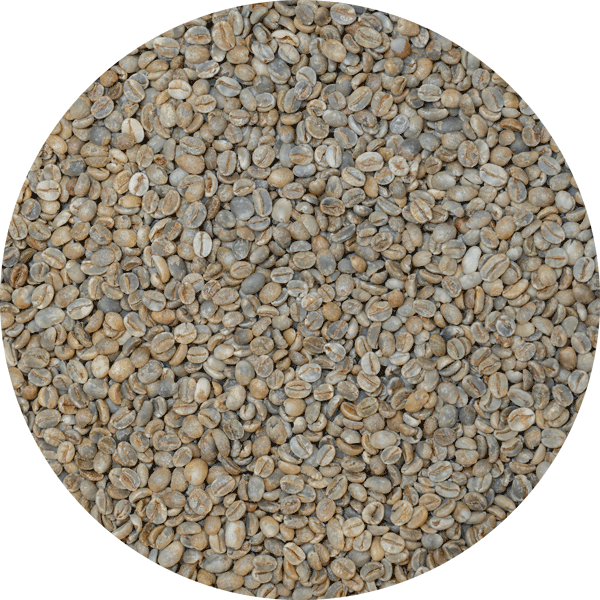
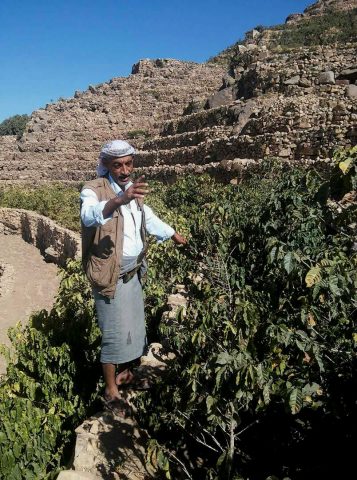
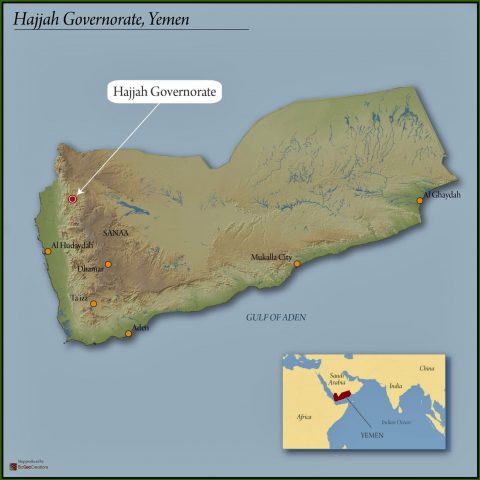
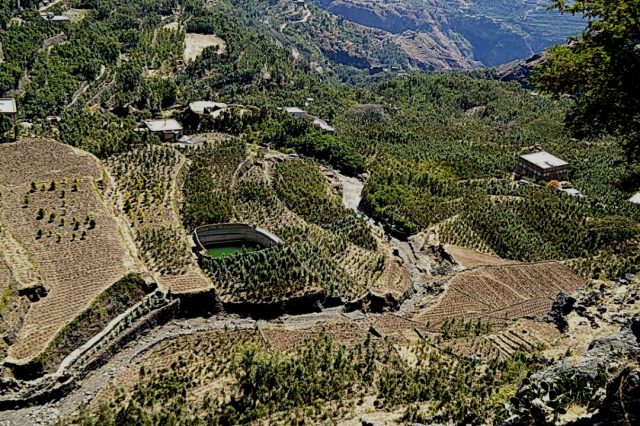
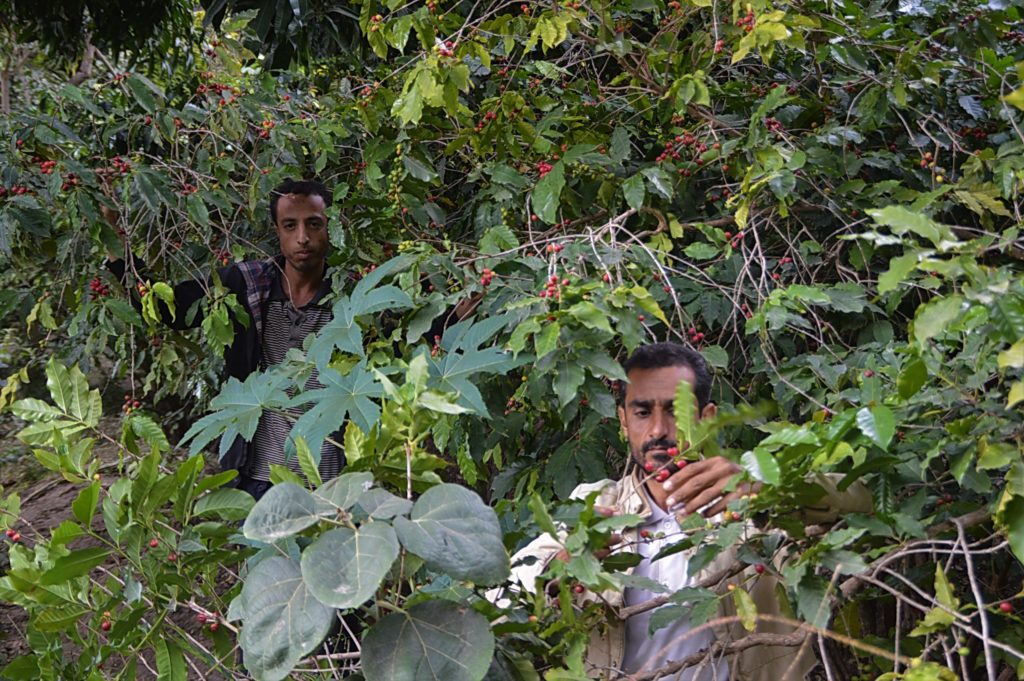
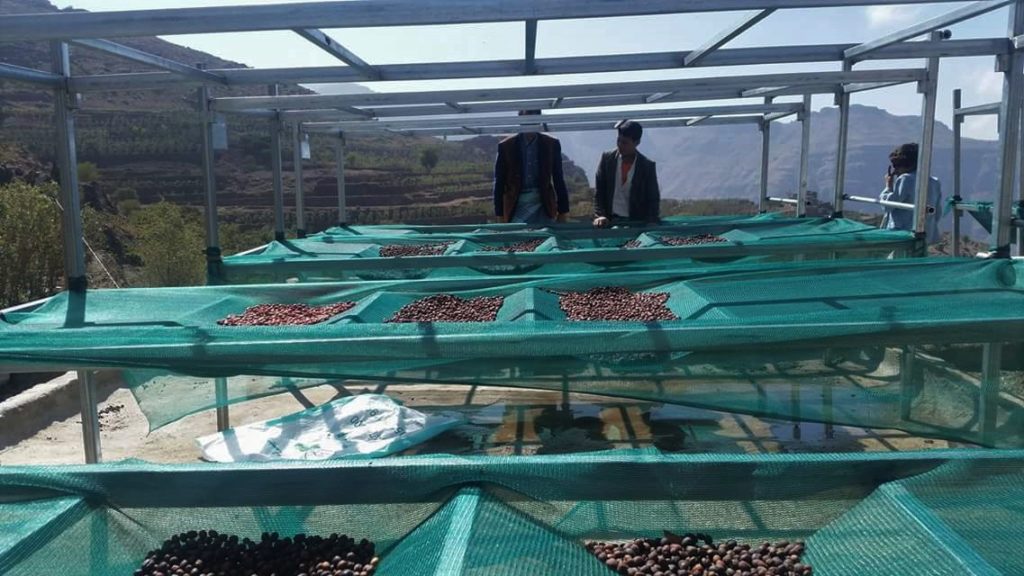
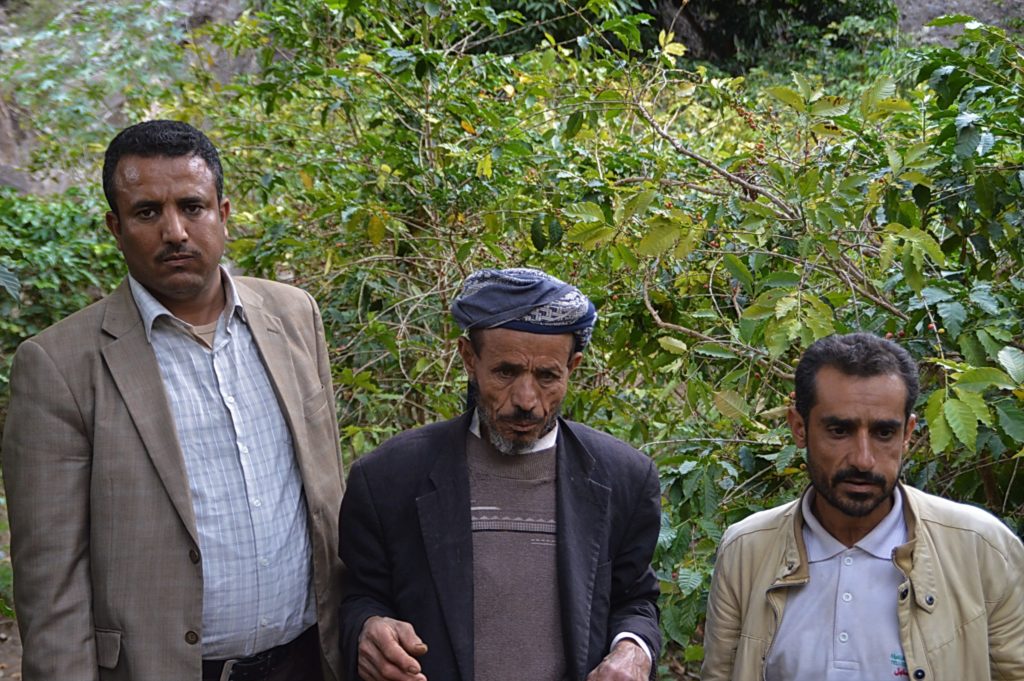
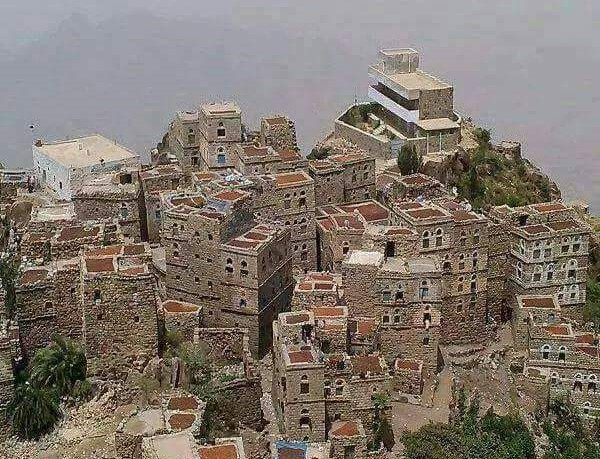
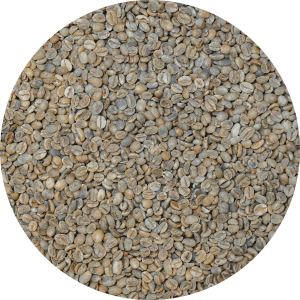
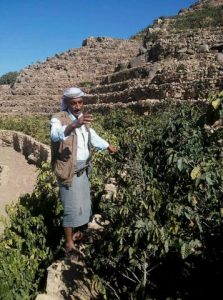
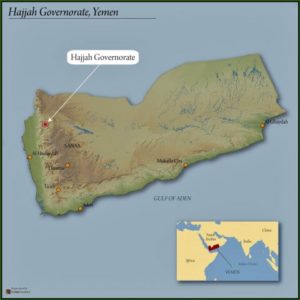
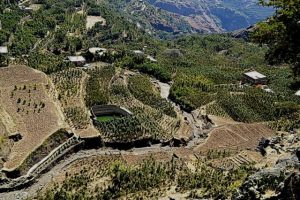
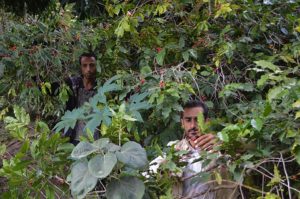
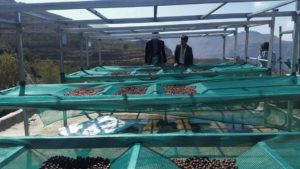
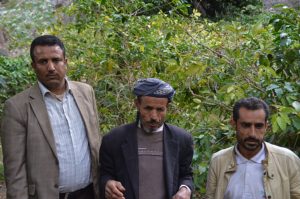
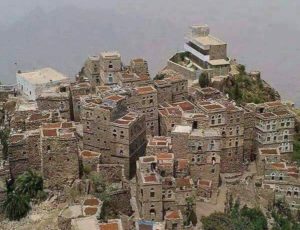
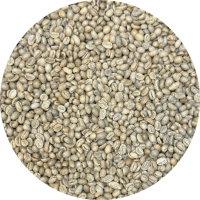




Kelly Van Arsdel (verified owner) –
Exceptional brew from this Yemeni coffee. It’s got a truly unique flavor. I don’t have the palate to define all it’s nuances. But it really isn’t close to any other bean I can think of. It’s a smokey bean to brew and has lots of chaff too. I take it to a full city + and it’s so mellow and smooth that way. It sets up fairly fast also. By the 3rd day it’s about where I like it. It is smokey and earthy, and has a bit of a winey note also. I’ll keep buying this for my regular rotation for sure.
Kal El (verified owner) –
First Yemeni coffee where the banana tone came through. It’s slight/subtle. The main flavor is a dark chocolate and a tobacco herbal note with malted grain/beer and then lastly the banana in the aftertaste. The acidity is slightly tied to the herbal flavor at City+ roast and comes off like tobacco + green tea. The body is solid even at city plus. Makes fantastic espresso and cold brew. Not as fruity as prior years’s khulani’a have been which will disappoint some and make some very happy. This one is worth trying for fans of Yemen, fans of naturals, and even fans of Sumatra and Brazil. Roasting darker makes the fruit and green tea notes go away and you’re chocolate and beer grains come together and you get milk and dark chocolate w/ malty sweetness and low acidity.
John G Turner (verified owner) –
Description is spot on. Very unique flavor at a medium roast. Very enjoyable cup. On my favorites list.
Alice Sanvito (verified owner) –
I’m not good at describing coffees. All I can say is that I like it. First time trying Yemeni coffee but would certainly buy it again.
Michael Cazabon (verified owner) –
Nectar of the gods. Yemeni coffee – particularly this one – is heads and shoulders above any I’ve tasted or roasted. I prefer it medium as it brings out the chocolates and cardamom spice notes. Smooth, with no after taste or bitterness. It needs to cream, milk or sugar. This brew is exceptional in every category. I look forward to waking up every day just to have another cup of this coffee. I only bought 10 lbs. last time. I’ll buy more when they get it again.